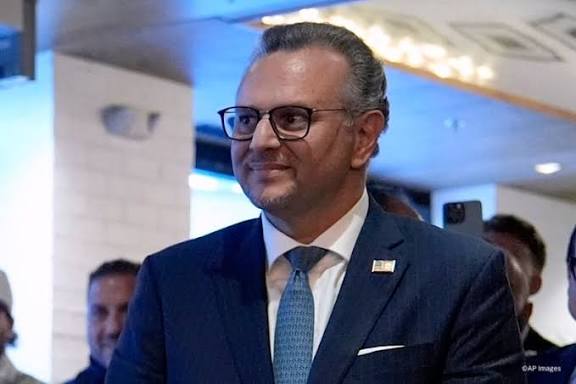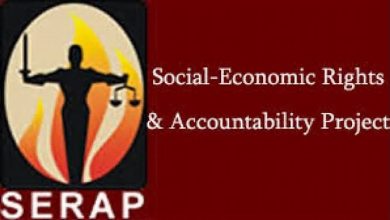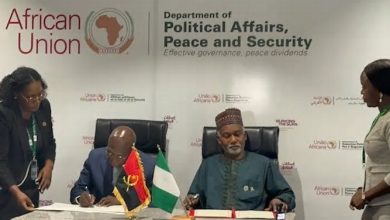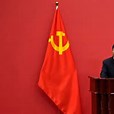Trump adviser rejects allegations of targeted Christian killings in Nigeria

A top adviser to former U.S. President Donald Trump has pushed back against mounting allegations that Christians are being specifically targeted for genocide in Nigeria, insisting that the country’s security crisis affects people of all faiths and ethnic groups.
Massad Boulos, Senior Adviser to President Trump on Arab and African Affairs, made the remarks on Friday during a courtesy visit to President Bola Tinubu at the State House in Abuja.
His comments come as pressure grows from U.S. lawmakers urging Washington to designate Nigeria as a Country of Particular Concern (CPC) due to claims of systematic Christian persecution.
While acknowledging the tragic loss of life across several regions, Boulos argued that violence in Nigeria, particularly acts of terrorism, does not discriminate along religious lines.
“Terrorism in Nigeria is not confined to a single religion, ethnicity or region.
”Extremist groups such as Boko Haram and ISIS have killed thousands of Muslims alongside Christians. The pain is universal, ”Boulos said.
He stressed that conflicts in parts of the Middle Belt, often framed as religious, were largely driven by land disputes and resource competition between farmers and herders communities which included both Christians and Muslims.
“It’s misleading to define this violence as one-sided or solely targeted at Christians.
“While Christian farming communities have suffered, so have many others, ” he added.
Calls for Nigeria’s CPC designation have gained traction in the United States Congress, with some lawmakers accusing the Nigerian government of turning a blind eye to attacks on Christian communities, especially in the north and Middle Belt regions.
However, the Trump administration has not made any formal declaration on the matter, and Boulos’ statements suggested a reluctance to adopt such a position without a more nuanced understanding of the situation.
Boulos described Nigeria as a deeply diverse nation with a near-equal split between Muslims and Christians, calling for unity in tackling the country’s security challenges.
“This is a country where people of different faiths live side by side. This has never been a serious religious crisis and should not become one,” he said.
The U.S. envoy acknowledged what he described as “early signs of progress” in President Tinubu’s security approach and called for stronger cooperation between the U.S. and Nigeria to address terrorism, banditry, and inter-communal violence.
“It will take long-term commitment and global partnerships to restore peace. Nigeria cannot do this alone,” Boulos said.
His visit and remarks come just days after Nigeria’s Senate established a 12-member committee to investigate the genocide claims and engage U.S. officials on the narrative gaining ground in American political circles.
Reactions have been mixed, with religious leaders and civil society groups both supporting and rejecting the genocide narrative.
Some argued that while Christians have been victims, the portrayal of an organised campaign against them ignores the broader complexity of Nigeria’s security crisis.
As debates continue internationally and at home, Boulos’ comments serve as a diplomatic balancing act, challenging oversimplified narratives while urging deeper cooperation to end the violence affecting all Nigerians.


